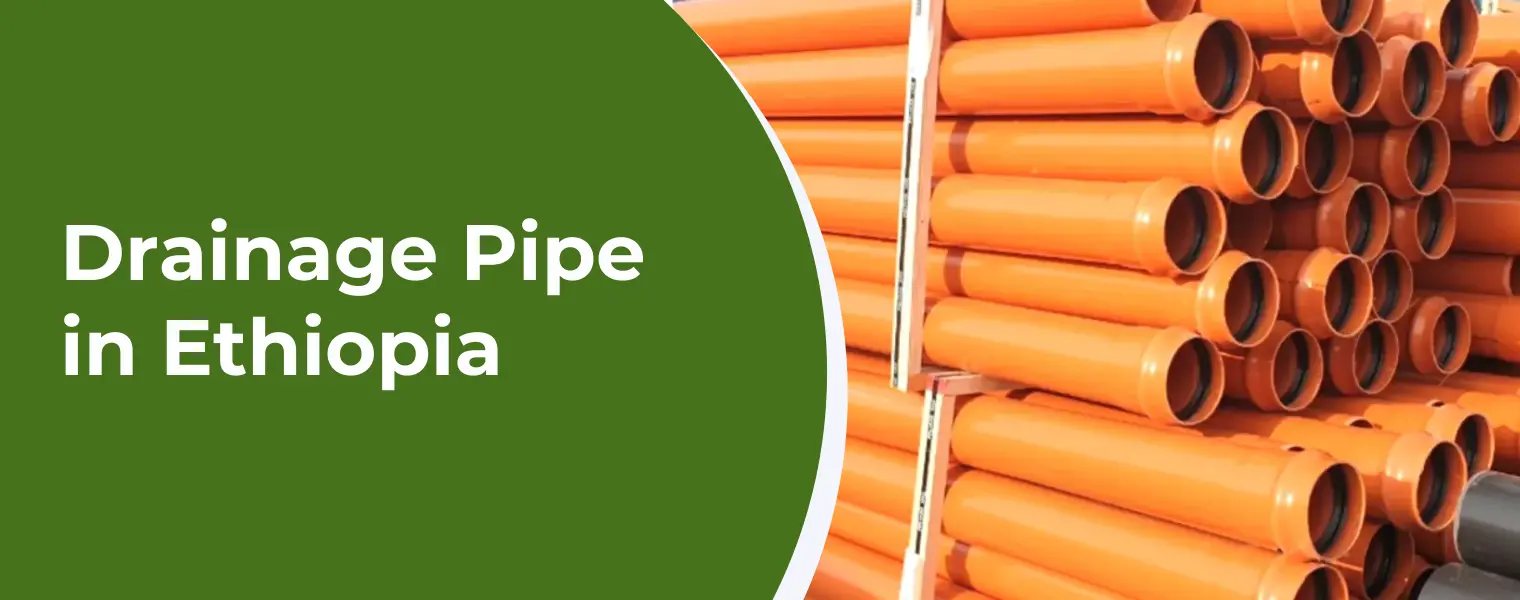
Drainage pipes are essential components of any building's plumbing system. They are designed to transport wastewater and other liquids away from the building and into the sewer system or septic tank. In this blog post, we will discuss the different types of drainage pipes, their uses, and some maintenance tips.
There are several types of drainage pipes available on the market, each with its unique characteristics and uses. Here are the most common types of drainage pipes:
PVC pipes are the most common type of drainage pipes used in residential and commercial plumbing systems. They are lightweight, easy to install, and cost-effective. PVC pipes are also resistant to chemicals and corrosion, making them ideal for use in harsh environments.
ABS pipes are similar to PVC pipes, but they are black in colour and have a more rigid texture. They are also resistant to high temperatures, making them ideal for use in areas that are prone to heat exposure.
Cast iron pipes are the most durable type of drainage pipes, and they are often used in commercial and industrial plumbing systems. They are resistant to corrosion and can withstand heavy loads, making them ideal for use in areas that are prone to damage.
Drainage pipes are used in a variety of applications, including:
Drainage pipes are used to remove wastewater from residential and commercial buildings. This includes toilet waste, shower water, and sinks water.
Drainage pipes are also used to manage storm water runoff. They are designed to transport rainwater away from buildings and into the sewer system or storm water drainage system.
Drainage pipes are used in agriculture to remove excess water from fields. This helps prevent soil erosion and improves crop yields.
To ensure that your drainage pipes function properly, it's important to maintain them regularly. Here are some maintenance tips:
Inspect your drainage pipes regularly for leaks or damage.
Clear out any debris or sediment that may be clogging the pipes.
Use drain cleaners sparingly to avoid damaging the pipes.
Hire a professional plumber to inspect your drainage system annually.